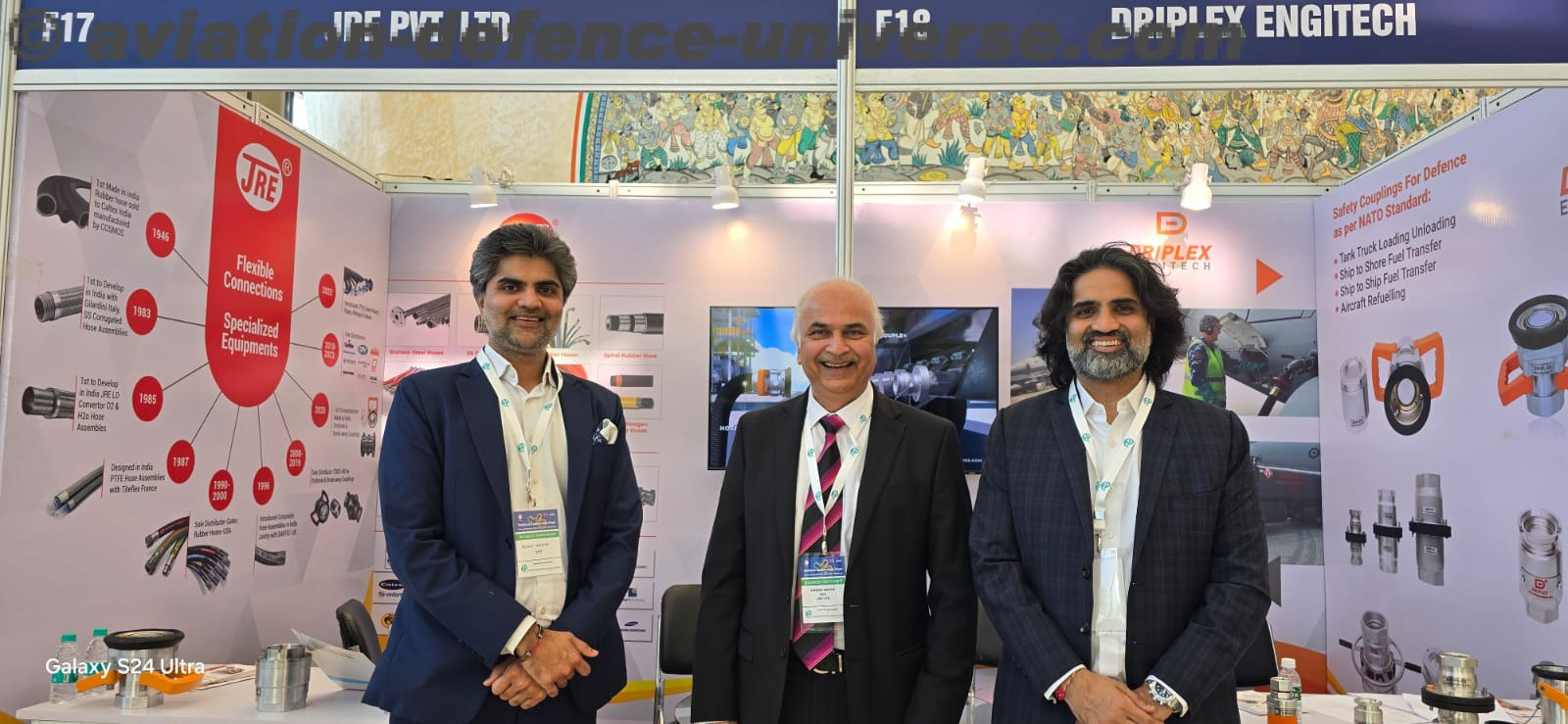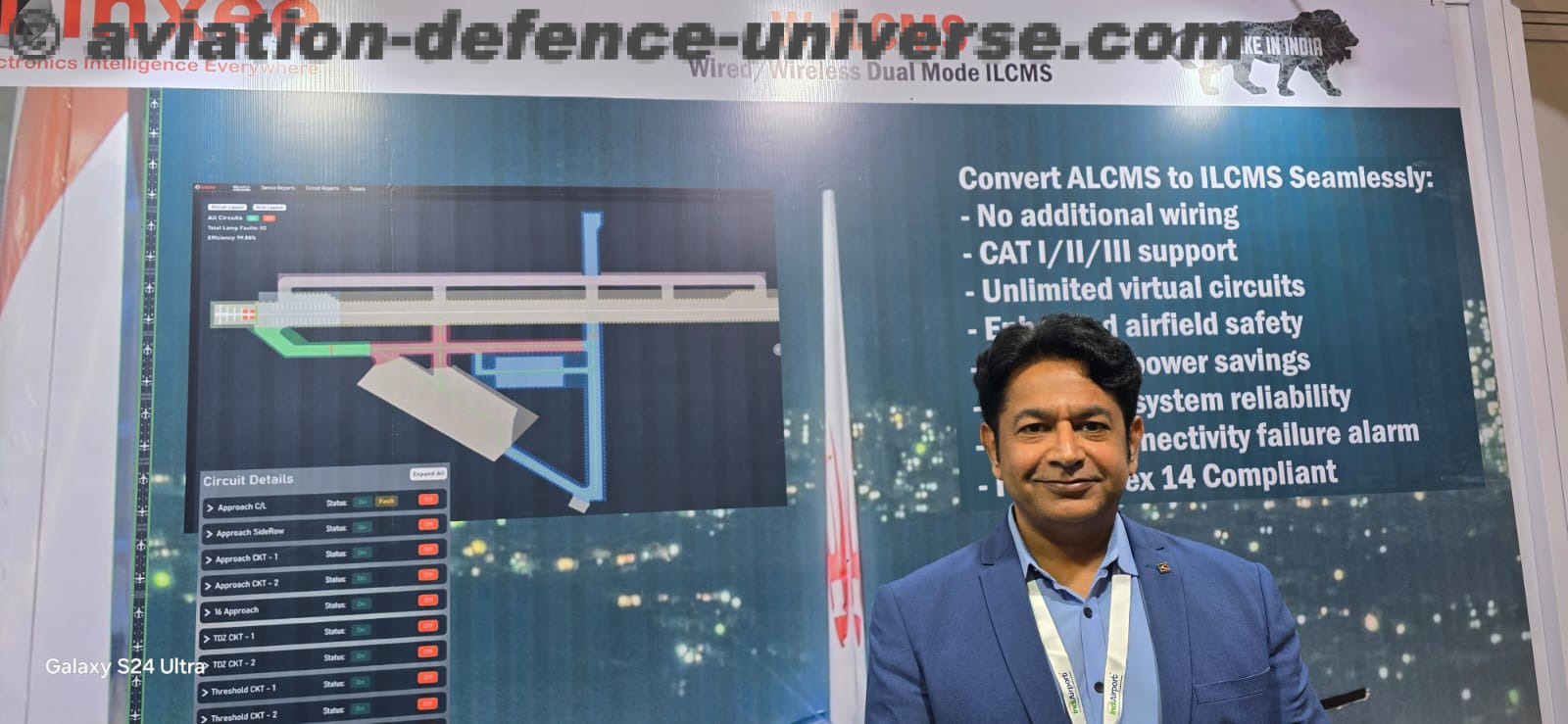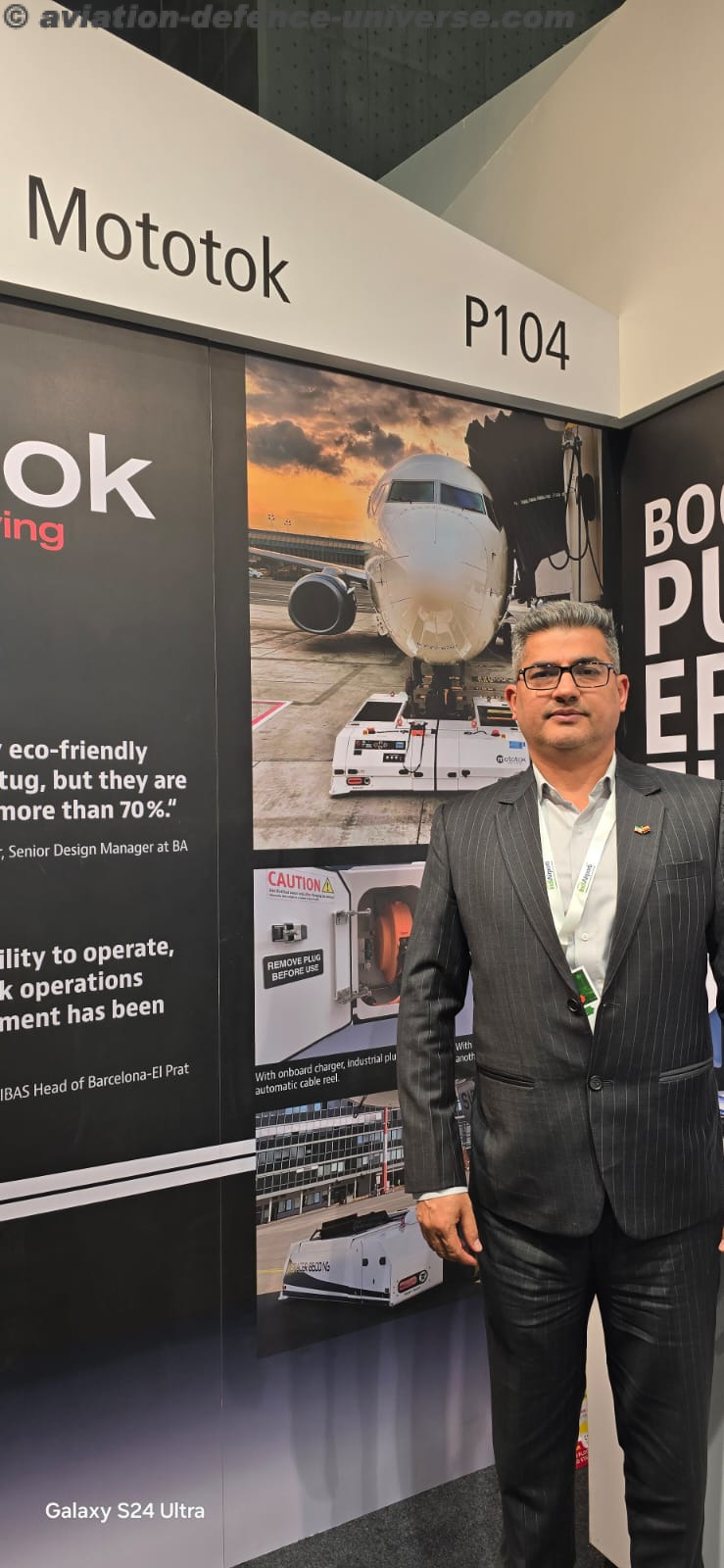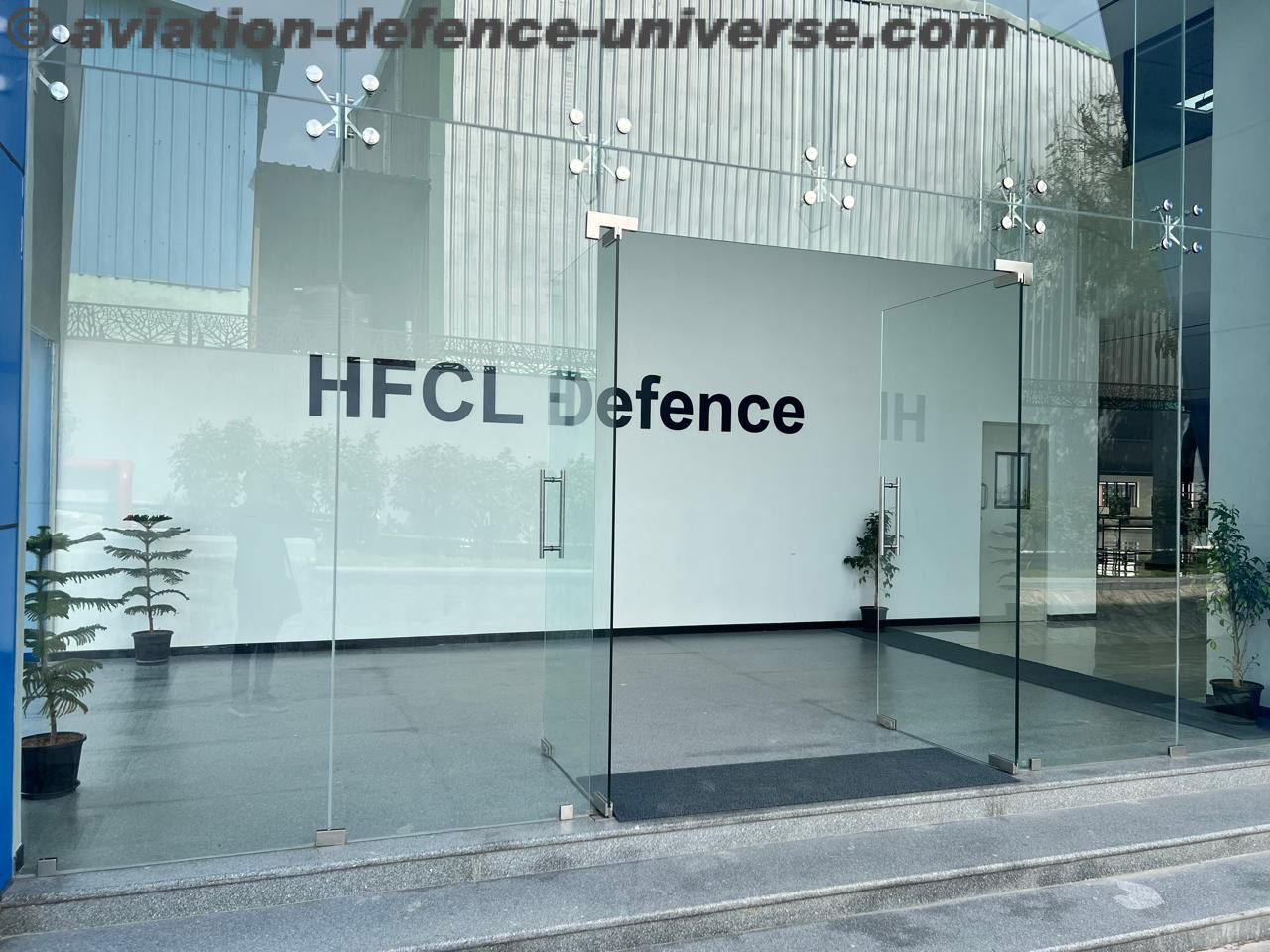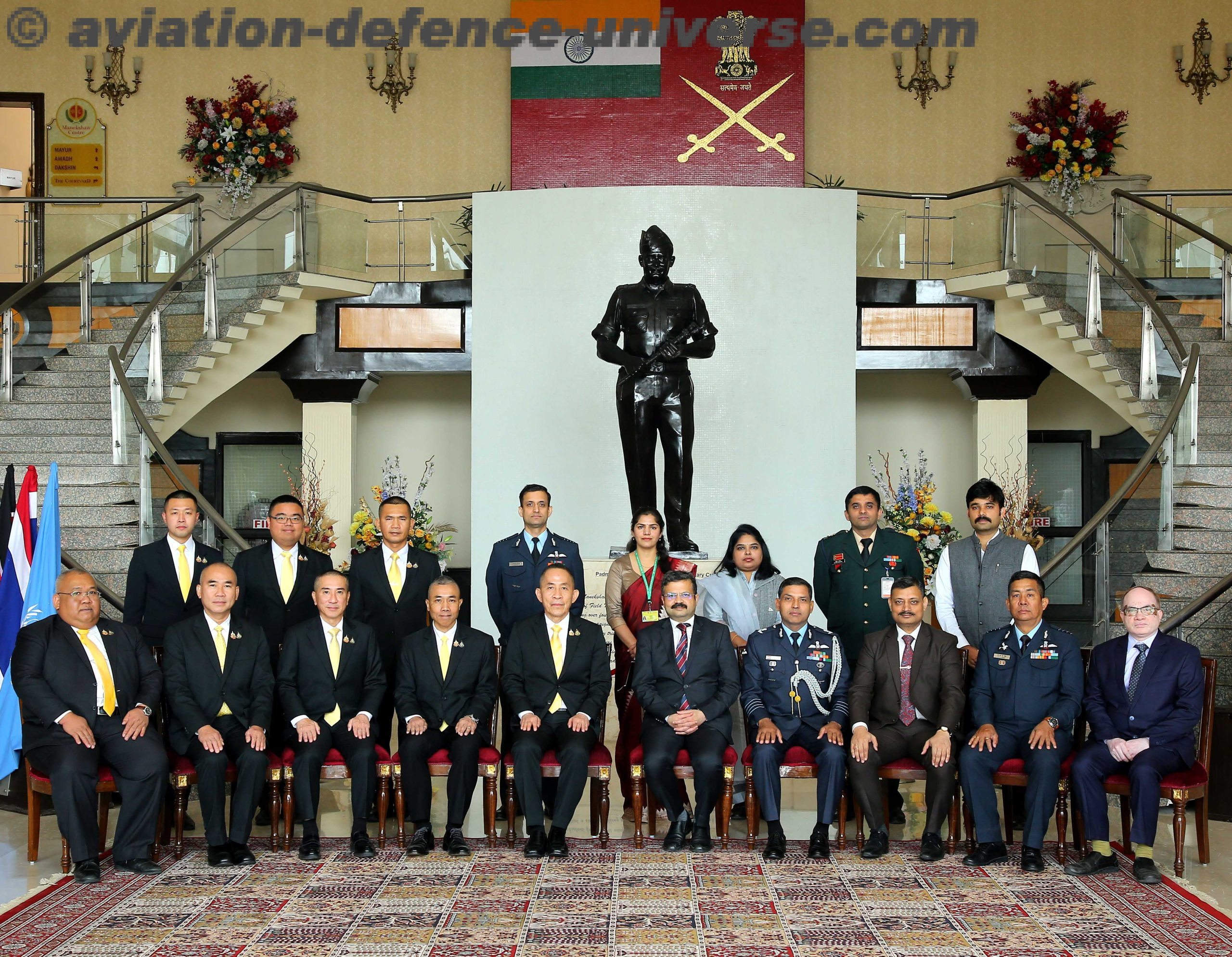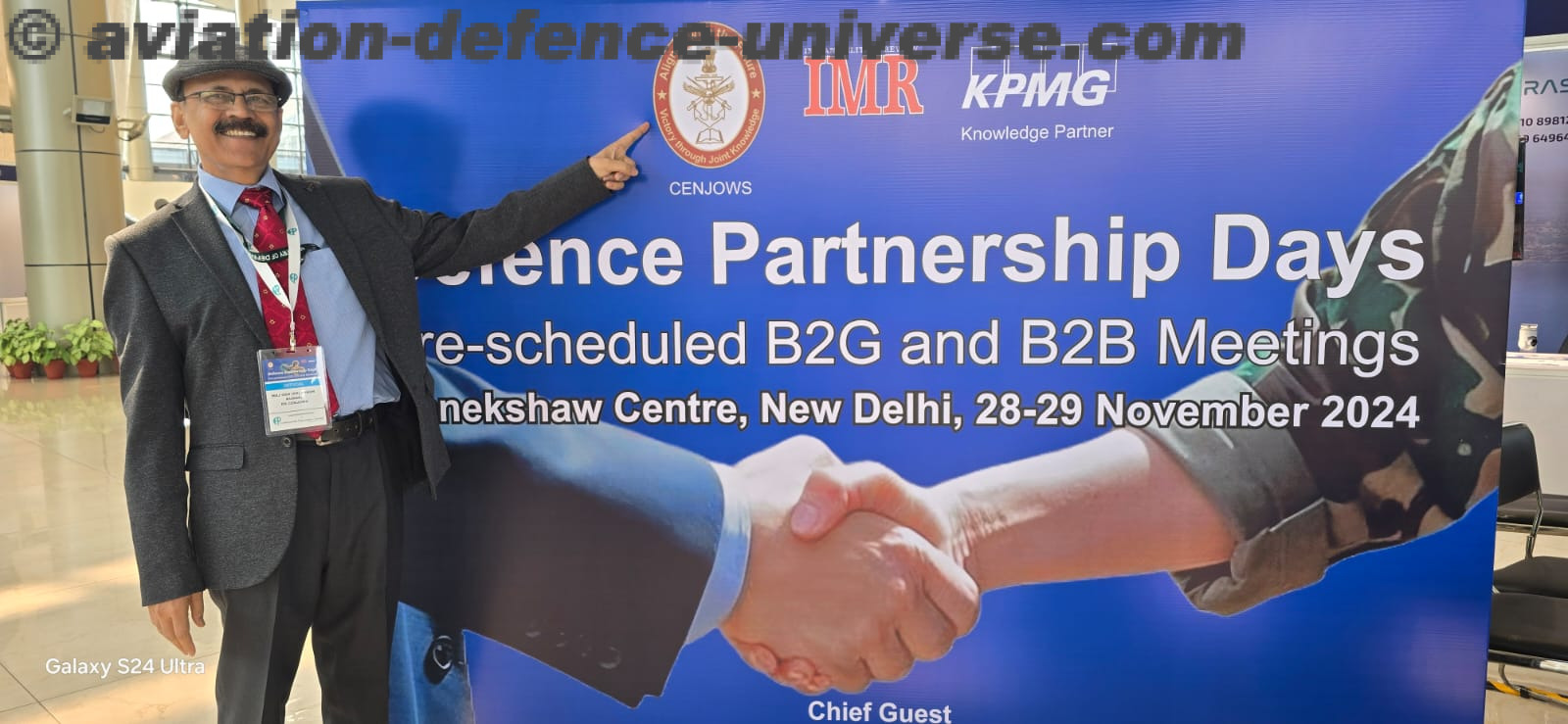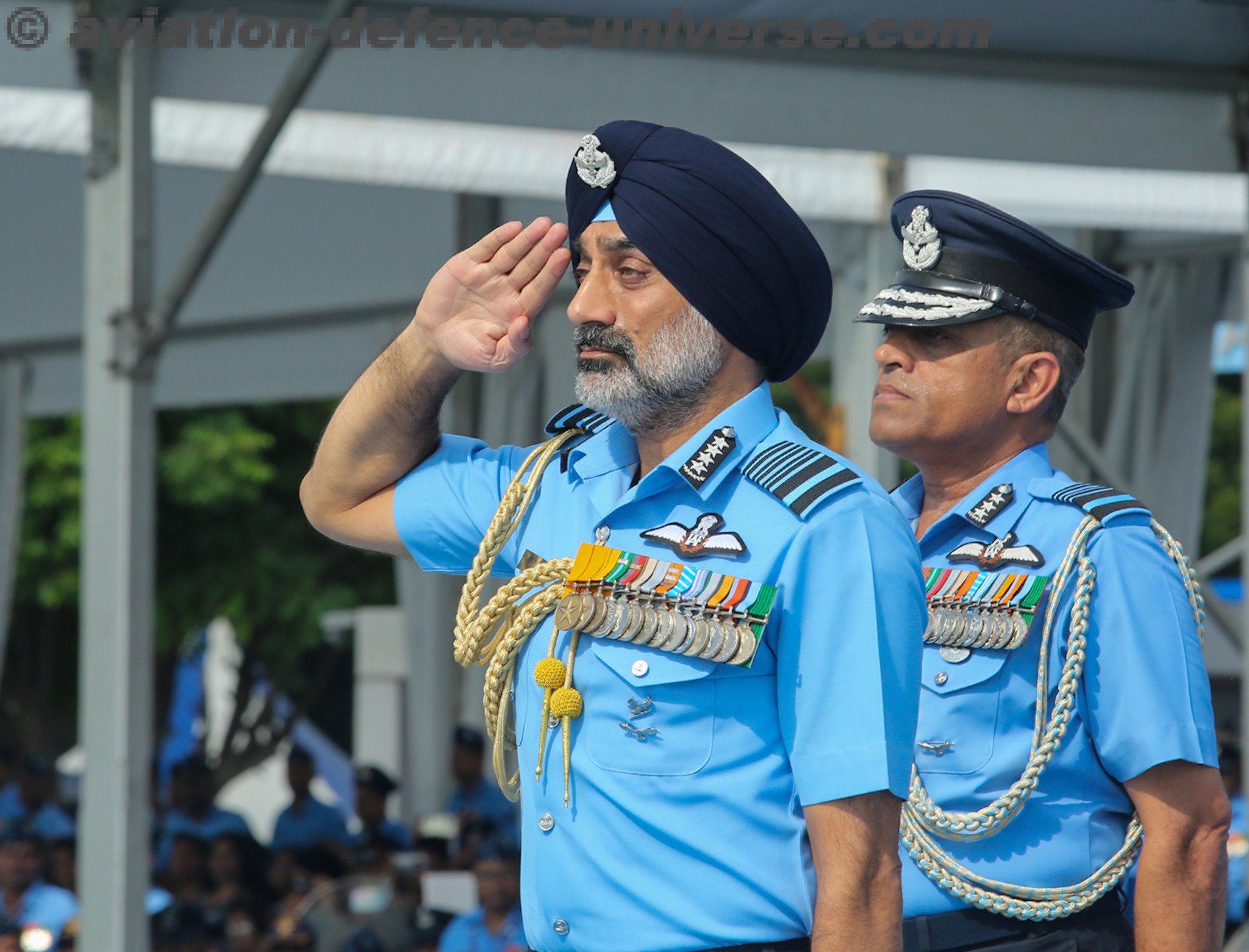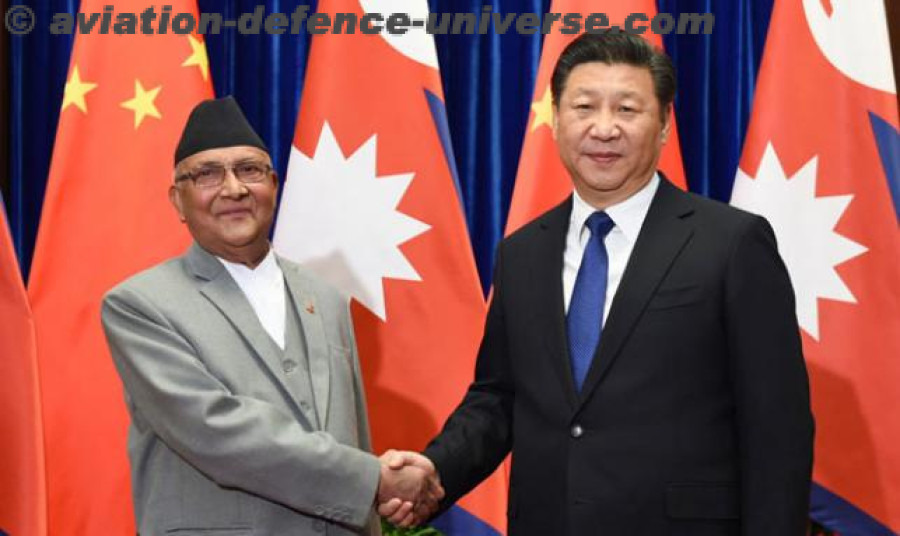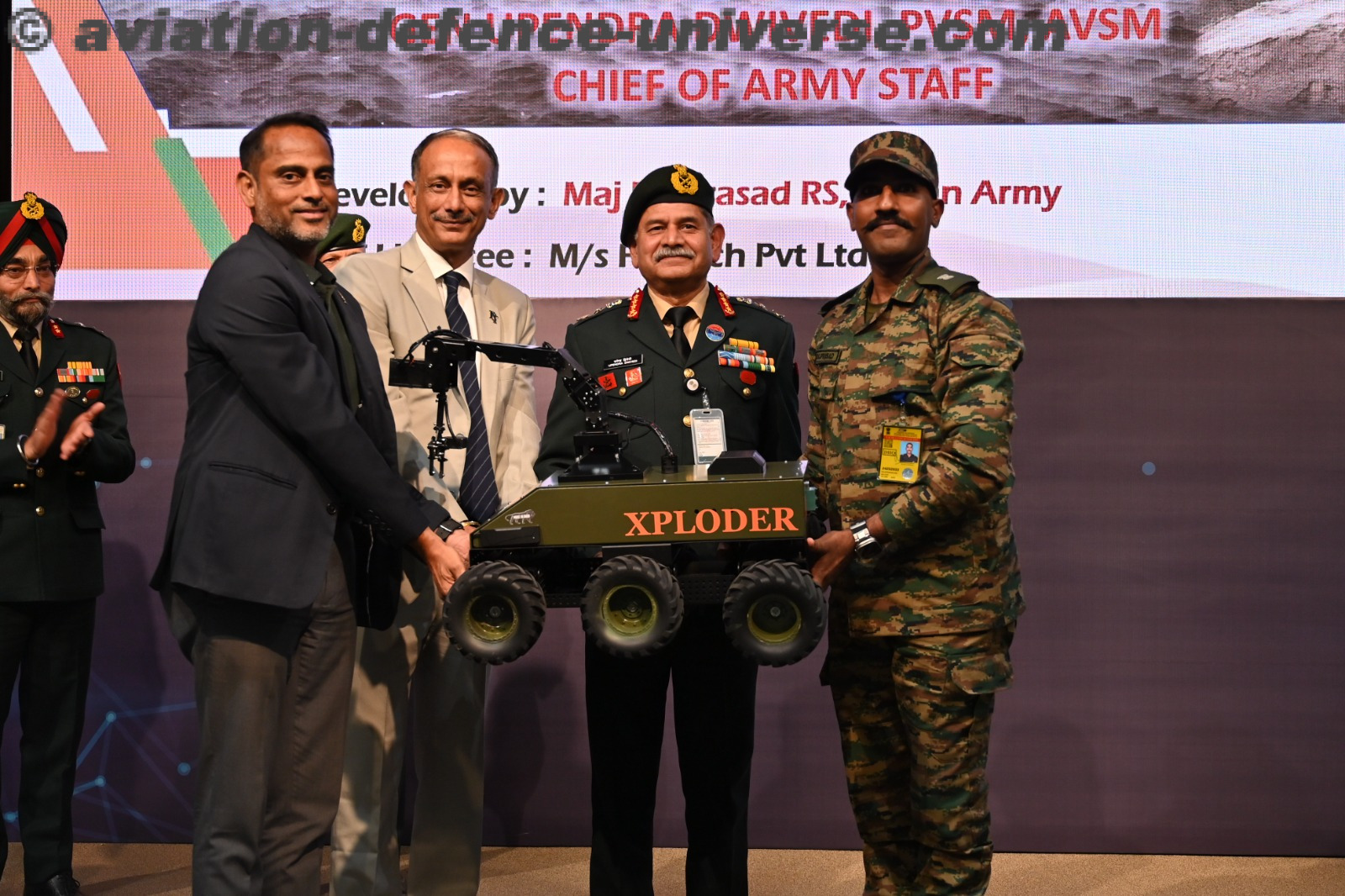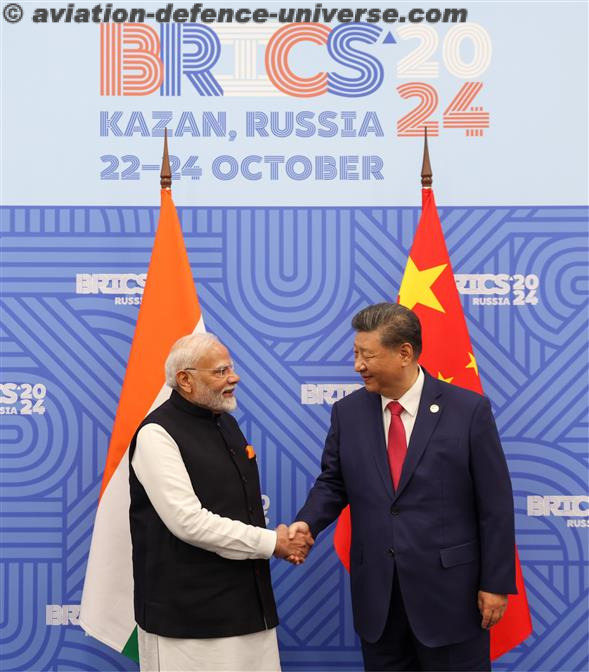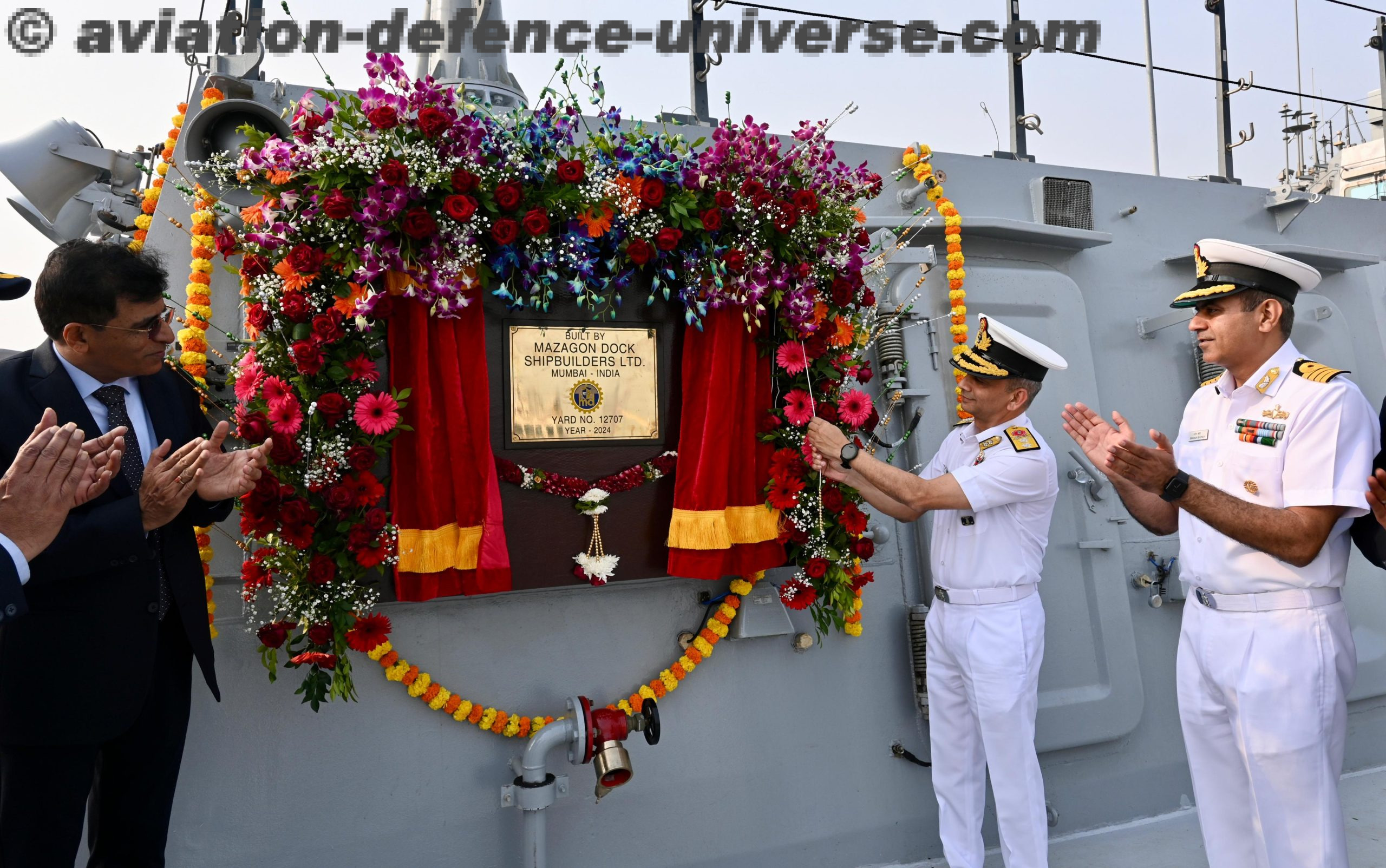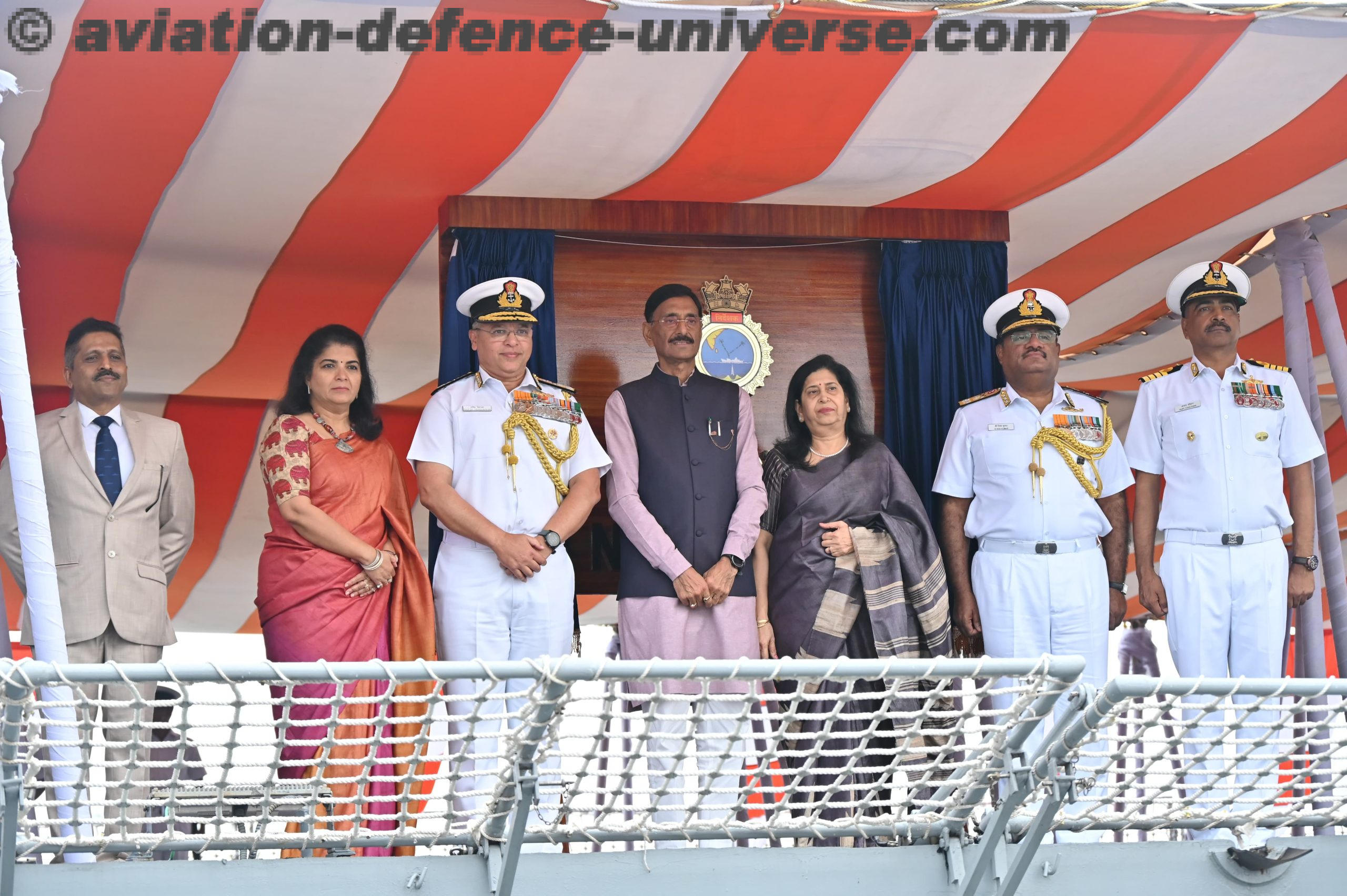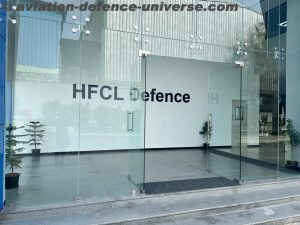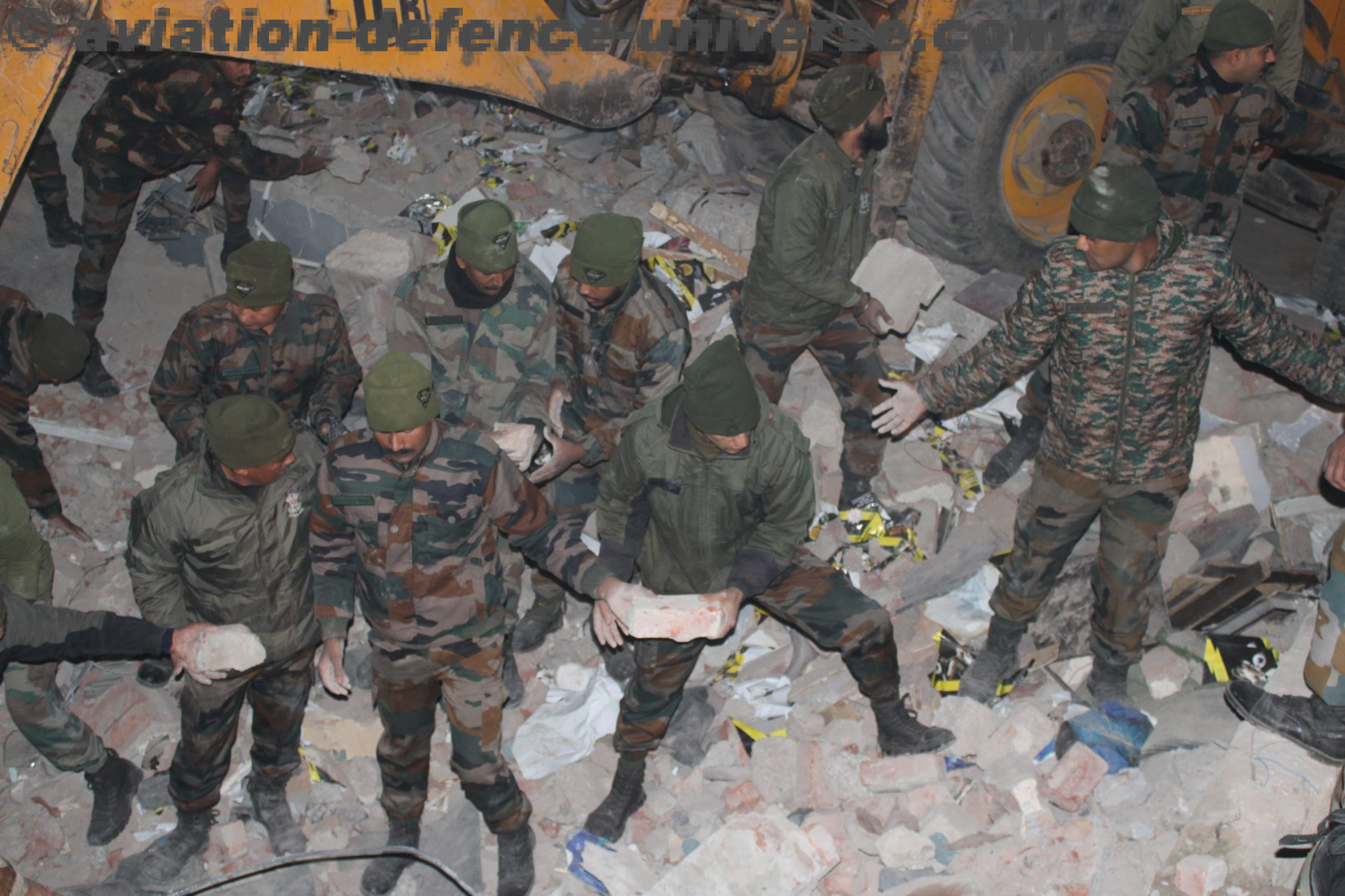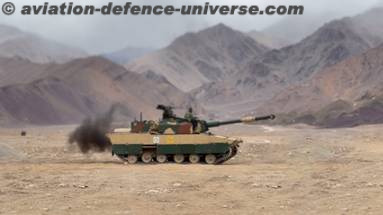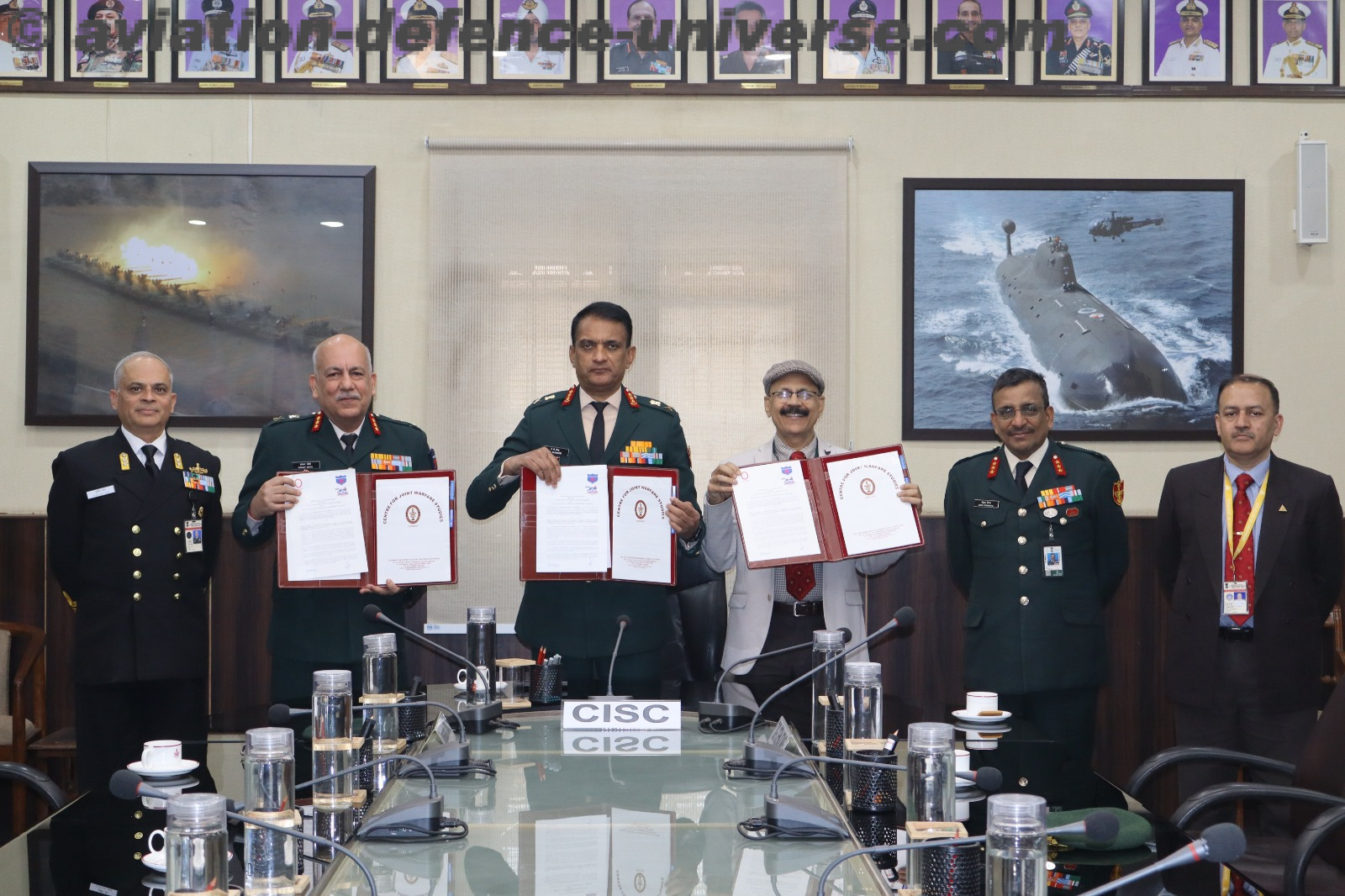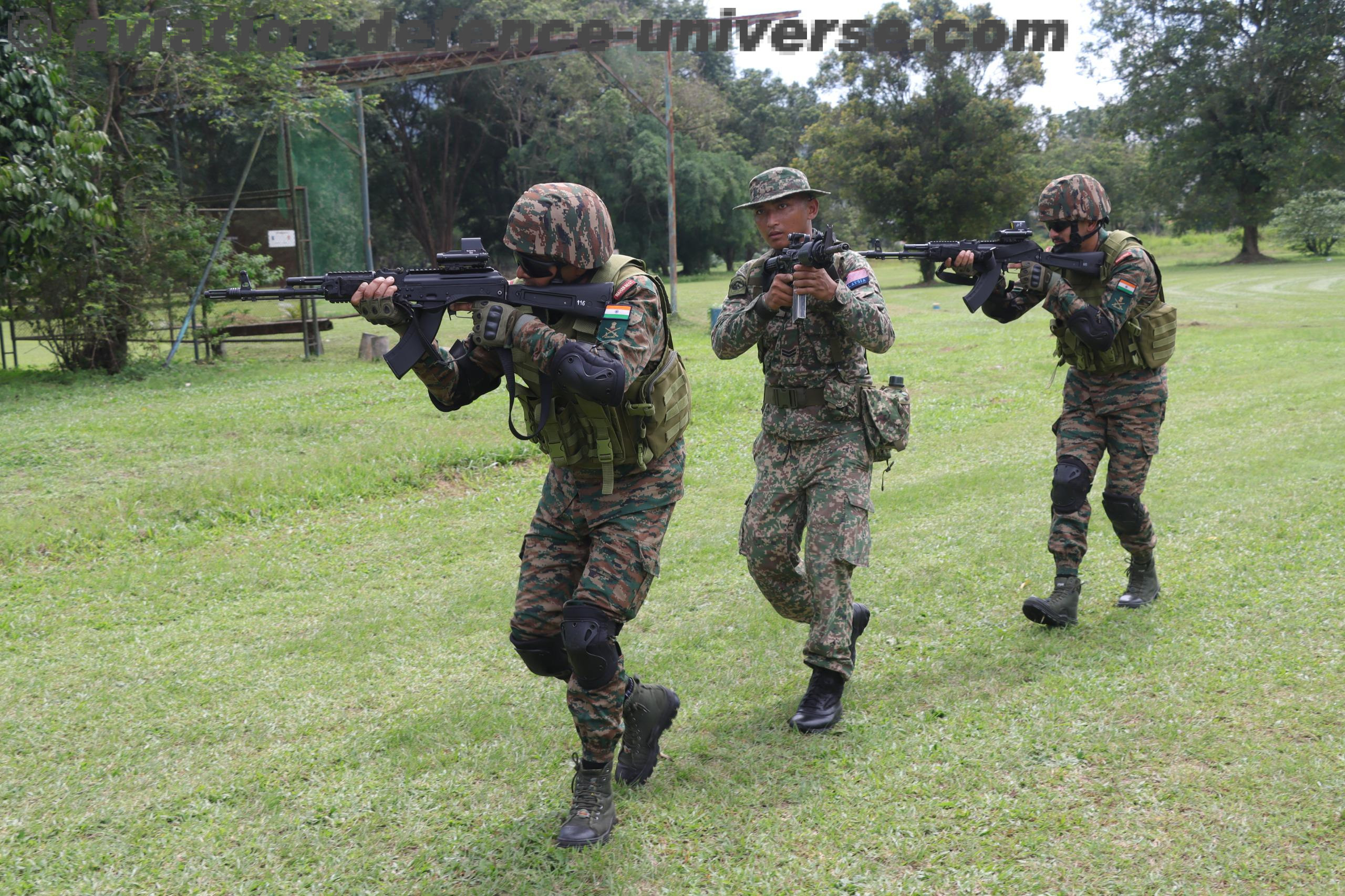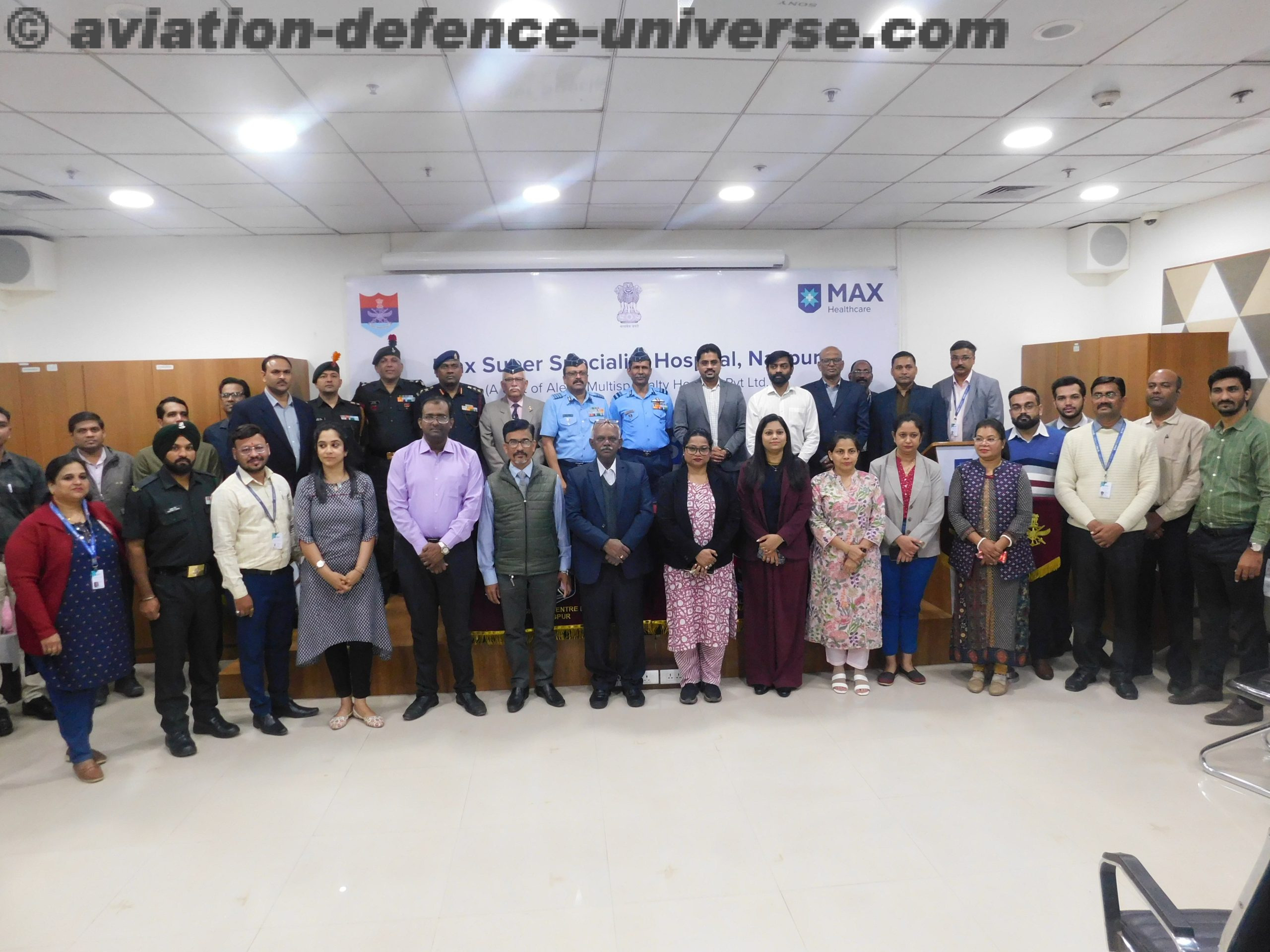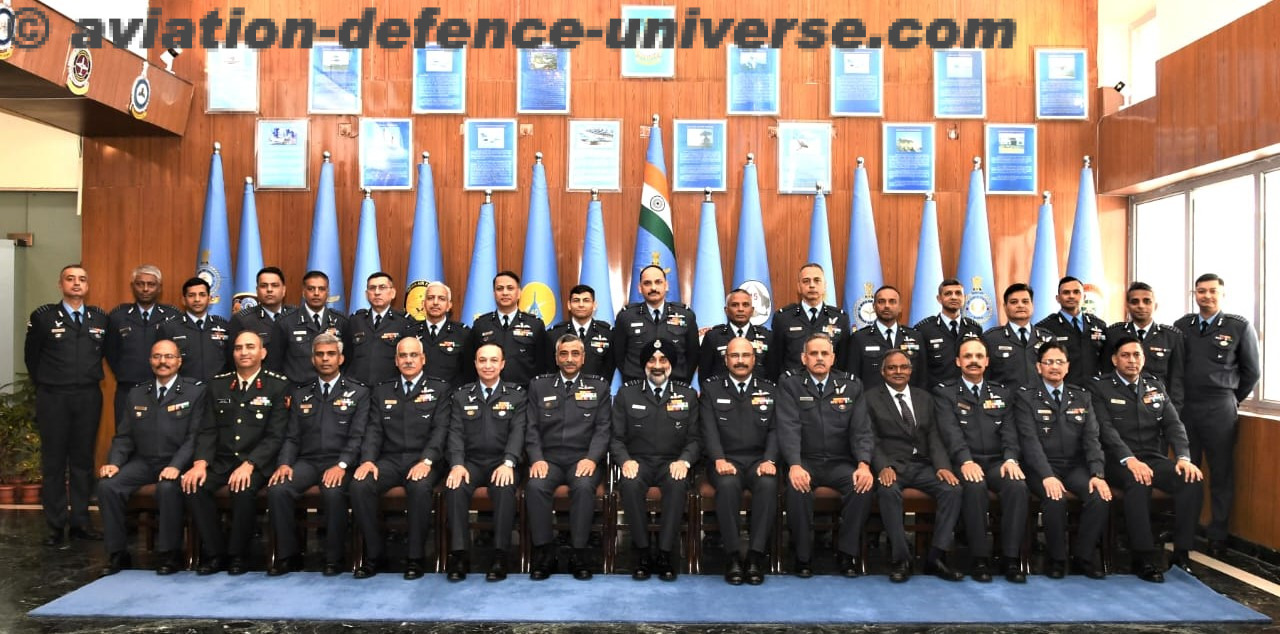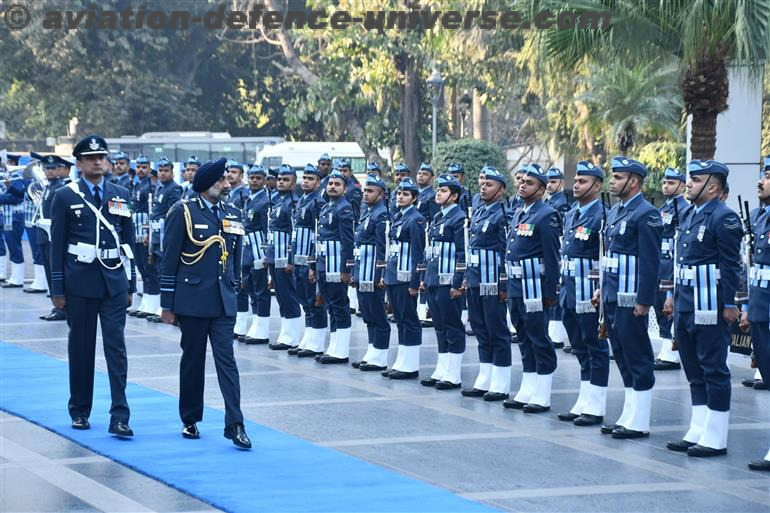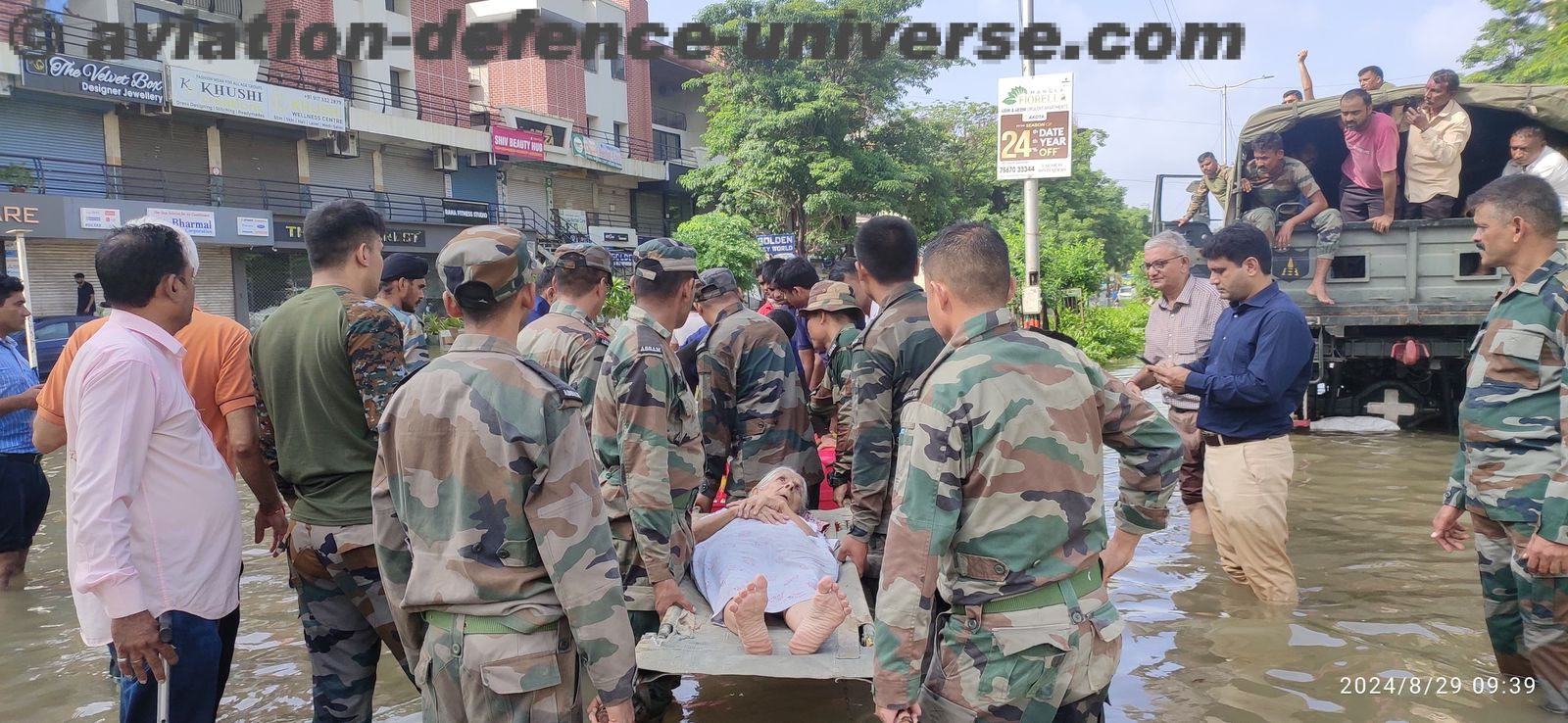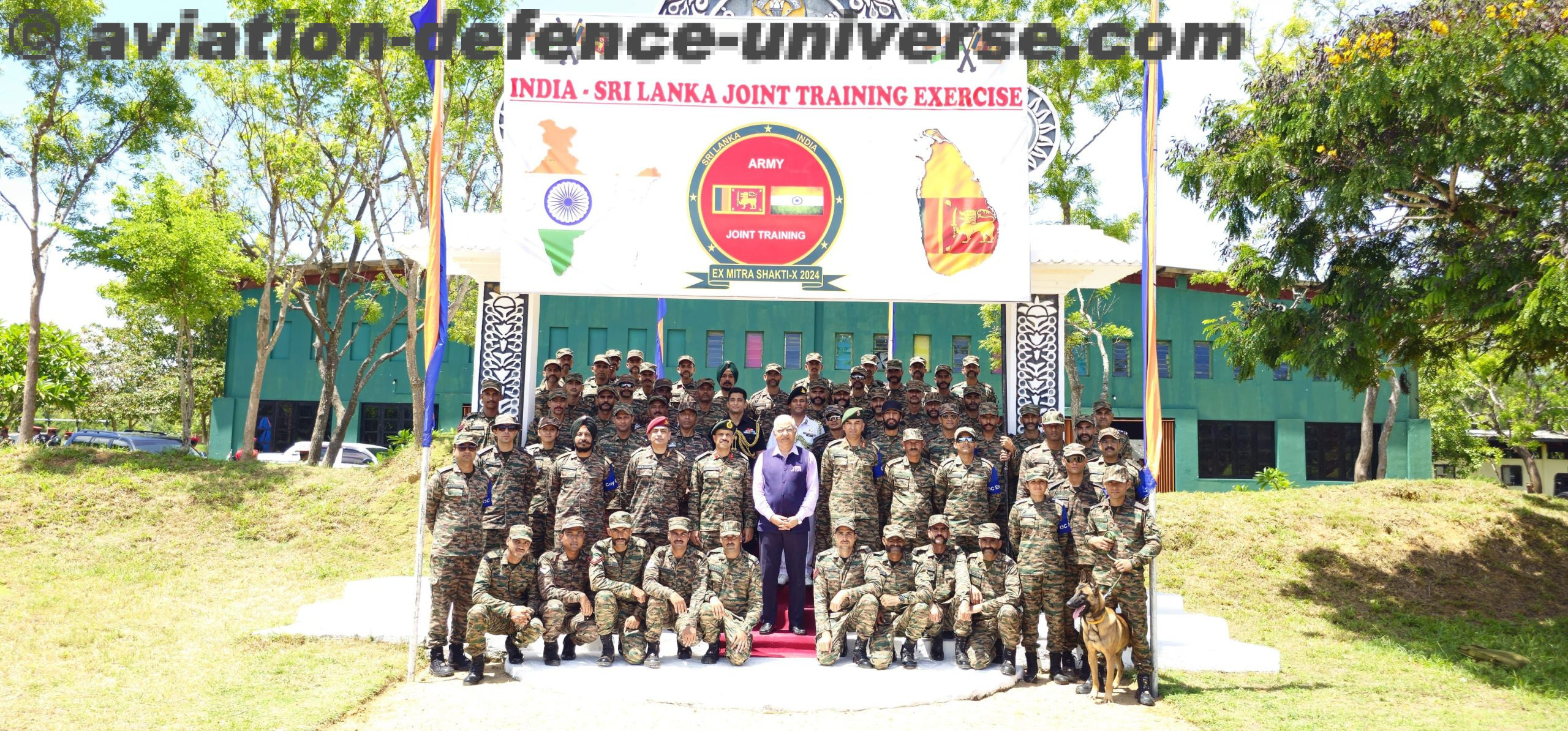New Delhi. 16 February,2016. The Supreme Court upheld the 2009 ‘command exit promotion’ policy of the Indian Army and asked the Centre to create 141 additional vacancies to the rank of Colonel to promote officers of ‘Combat Support’ streams.
A bench comprising Chief Justice T S Thakur and Justice Kurian Joseph “partly allowed” the appeals of the Ministry of Defence against the March 2015 order of Armed Forces Tribunal (AFT) which had quashed the Centre’s 2009 ‘command exit promotion’ policy on the ground that it violated Article 14 (right to equality) of the Constitution.
The AFT had quashed the policy on grounds including that the officers of Infantry and Artilery were getting undue favour in promotions over officers of ‘Combat Support’ corps such as Engineering and Medical. “We partly allow these appeals and while setting aside the order passed by the Tribunal (AFT) direct that the appellants (Centre) shall create 141 additional posts of Colonel to be allocated to ‘Combat Support’ stream for being utilised by appointing officers who are eligible for promotions against the same as in the year 2009 over a period of 5 years till 2014,” the bench said. The bench, in its verdict, however, agreed with the contention that the officers of arms support corps have been “unfairly” denied their dues in promotions.
“Having given our anxious consideration to the submissions made at the bar, we are of the view that the additional 141 vacancies which ought to have been allocated to Arms Support in the year 2009 were unfairly denied to them. “It has taken the aggrieved officers and legal process considerable time to have the said unfairness and injustice reversed by creation of additional vacancies. These vacancies shall, therefore, be taken to have been created as in the year 2009 and promotions against same made from out of officers who were eligible for such promotion as in that year,” it said. In other words, the additional 141 posts shall, for all intents and purposes, be deemed to have been available for being “filled-up as in the year 2009 but to be actually filled-up in 5 years between 2009-2014,” it said.


